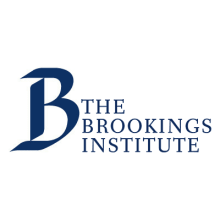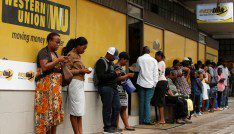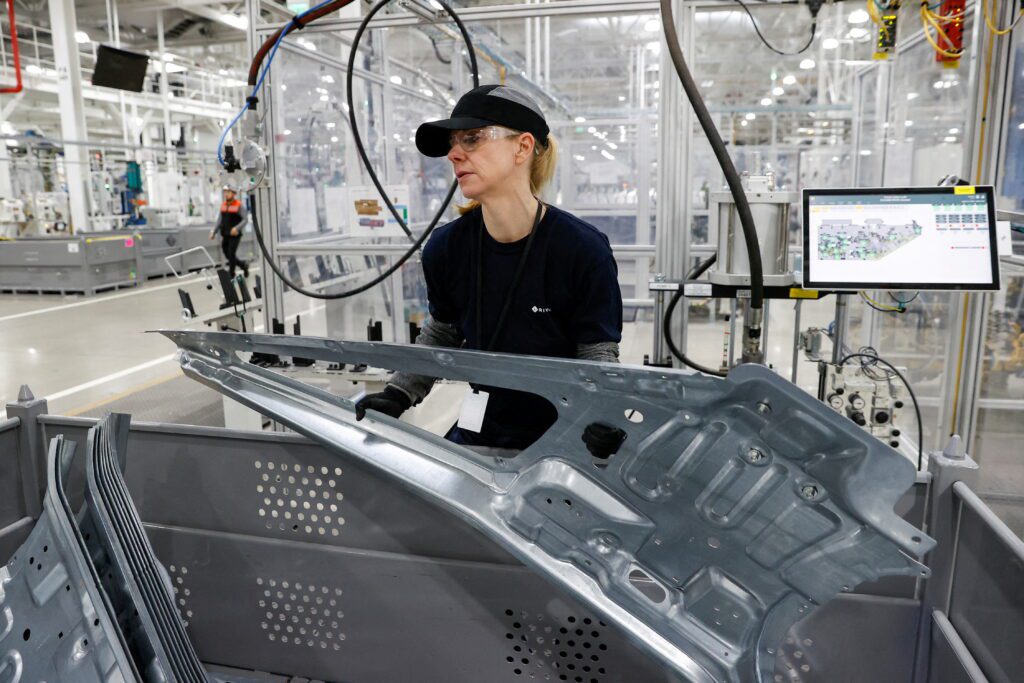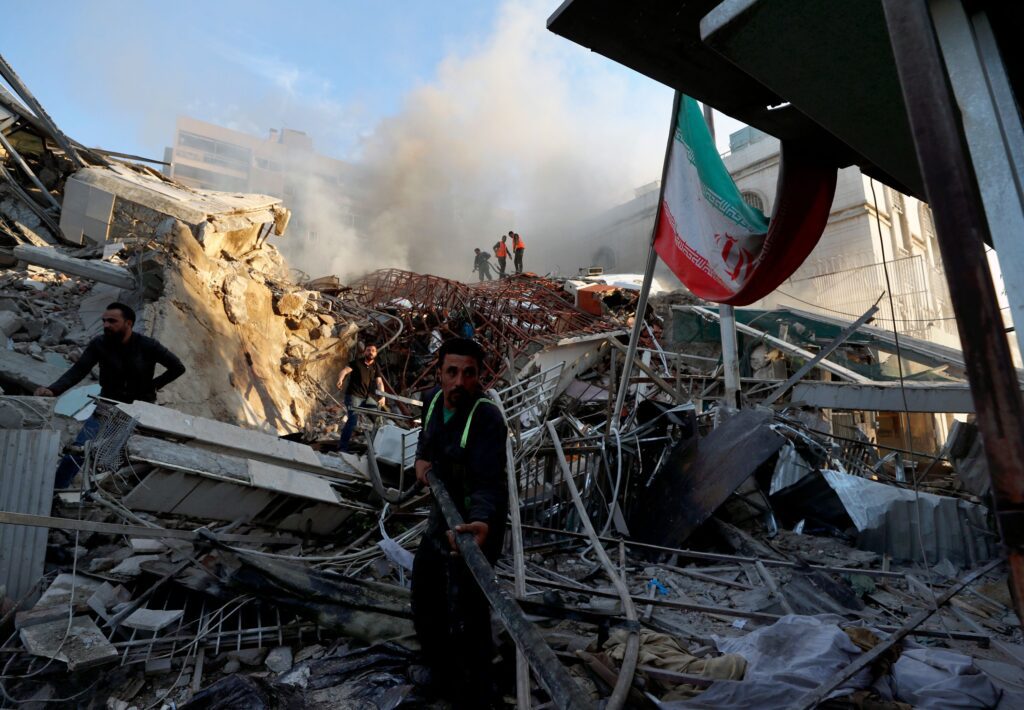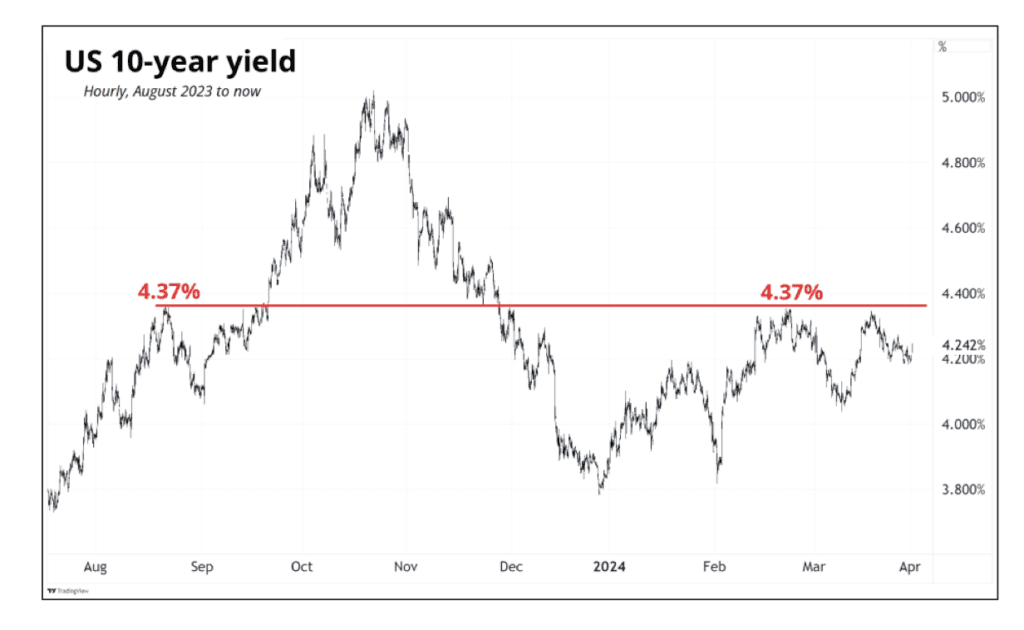COVID-19 vaccine update
Early this week, the United Nations Security Council formally called for “accelerated availability” of COVID-19 vaccines for Africa given the region’s disproportionately low rate of vaccinations: So far, according to the Africa Centres for Disease Control and Prevention, only 1.42 percent of Africa’s population has received one dose of a vaccine, and only 0.42 percent of the population is considered to be fully vaccinated. According to Reuters, the region is on track to vaccinate about one-third of its population by the end of 2021 and only 60 percent within two to three years.
Tamara White
Research and Project Assistant – Global Economy and Development, Africa Growth Initiative
Leo Holtz
Intern – Africa Growth Initiative
Vaccine access is not the only hindrance to an effective rollout in the region: As of this writing, only 64.16 percent of the region’s supply has been administered. In fact, on Wednesday, Malawi burned nearly 20,000 doses of the AstraZeneca vaccine because slow administration—and late delivery—had led the doses to expire. Officials defended the burning by emphasizing they intend to build trust in the community around the vaccine: As Health Minister Khumbize Kandodo-Chiponda explained this week, “It has been very difficult to convince Malawians about the vaccine initially because of misinformation, disinformation and negative propaganda. So, we just wanted to assure Malawians that indeed what we had said that we are going to destroy them, it is happening now.”
Meanwhile, on Monday, South Africa opened up vaccinations to citizens aged 60 or older as it begins to roll out the Johnson & Johnson vaccine (programs based on the Oxford-AstraZeneca vaccine were abandoned earlier this year after studies showed it had minimal protection against the B.1.351 variant widely circulating in the country). The surge in India has also hindered Africa’s access to vaccines: Africa still largely depends on the COVAX facility to secure vaccine doses—largely the Oxford-AstraZeneca version—but that vaccine is largely produced by Serum Institute of India (SII). Moreover, Reuters reports that, according to the World Health Organization, “Most countries using COVAX will now surpass the 12-week maximum interval recommended between the first and second dose of AstraZeneca unless 20 million doses are delivered by the end of June and another 5 million in July.” For more on the complex logistics surrounding vaccine access and distribution, see Uwagbale Edward-Ekpu’s Foresight Africa 2021 viewpoint, “Navigating the complexities around a COVID vaccine in Africa.”
The vaccine difficulties further exacerbate the region’s pandemic-induced economic fallout: In fact, this week, Vera Songwe, executive secretary of the United Nations Economic Commission for Africa and AGI nonresident senior fellow warned that the slow rollout might set the region back economically by two to five years. Growth in 2021 slowed to 3.4 percent in 2021—compared to the global rate of 6 percent—due to supply chain challenges and lockdowns, among other hindrances. Countries around the region fell into recession, shrinking by 1.9 percent. Remittances—a vital form of financing in the region—are expected to fall significantly as well. Moreover, according to Achim Steiner, administrator of the U.N. Development Program, 40 million Africans have fallen back into extreme poverty.
On Tuesday, leaders from the European Union and the International Monetary Fund (IMF) agreed to seek an additional $100 billion to aid Africa’s ailing economies. However, after the meeting, IMF Managing Director Kristalina Georgieva stressed, “Let’s be very clear: No, it is not enough. … We have to bring financing from developing organizations. … We have to make the private sector attractive.” The IMF also announced this week that it will issue this year $650 billion—of which $33 billion would go to Africa—in special drawing rights, “a foreign exchange tool used to help finance imports.”
Related Content
Kenya’s High Court overrules constitutional changes
On May 13, Kenya’s High Court ruled that recent constitutional changes presented by President Uhuru Kenyatta were illegal. Kenyan parliament had previously passed the reforms—referred to as the Building Bridge Initiative—which created new constituencies, returned cabinet roles to elected members of parliament, and created powerful new positions, including a prime minister, two deputies, and an official opposition leader. In the end, however, the High Court found the initiative to be “unconstitutional, null and void.” Critics on the High Court argued that the changes would undermine the judiciary’s independence and increase the size of government when the Treasury cannot afford it. According to Bloomberg, the court’s ruling may be challenged in the country’s Court of Appeal. In other judicial news, Kenya is set to appoint its first female chief justice, Martha Koome. She will be sworn in in the coming days, as the Kenyan parliament approved her nomination on Wednesday of last week.
In economic news, on Thursday, May 20, President Kenyatta presided over the start of operations of the nation’s new Port Lamu. The port, which was constructed by the China Communications Construction Company, will serve Ethiopia, South Sudan, and other surrounding landlocked countries. The Kenyan government hopes that Port Lamu will feature as a key step of Kenya’s race to become a major trade hub in East Africa. While it is now officially active, the port is still under construction, and, when completed, it will have 32 berths, 29 of which will be financed by the private sector, making the Lamu port the largest seaport in sub-Saharan Africa.
South Africa’s failure to meet constitutional mandate on emissions sparks lawsuit
On Monday, South African environmental activists rallied outside the High Court in Pretoria to demonstrate support for an active lawsuit against the South African government for failing to meet air pollution targets outlined by the country’s post-apartheid constitution. The violation of its emissions target stems from a heavy reliance on coal, which produces nearly 90 percent of the country’s electrical power. While the Environmental Ministry acknowledges the detrimental impact of air pollution, the ministry maintains that “the environmental concerns conflict with economic considerations”—namely, the country’s electrical needs and the preponderance of coal-related jobs in its high poverty “coal belt.” The lawsuit against the South African government seeks tougher action against the country’s heavy polluters, which the campaigners believe is necessary to enforce the “constitutional guarantee of the right to an environment not harmful to health.”
In other energy news, on Wednesday, Royal Dutch Shell announced that they are engaging in negotiations with the Nigerian government to sell the company’s stake in its Nigerian onshore oil fields. Shell’s divestiture follows a U.K. Supreme Court ruling that enabled oil-polluted Nigerian communities to pursue legal action against Shell in British courts. The multinational oil company’s operations in Nigeria are repeatedly hamstrung by sabotage, pipeline theft, and operational issues, causing costly and environmentally damaging oil spills in the Niger Delta. Shell plans to sell its Nigerian stake to another foreign oil company, a local African company, or its local subsidiary—The Shell Petroleum Development Company of Nigeria.

